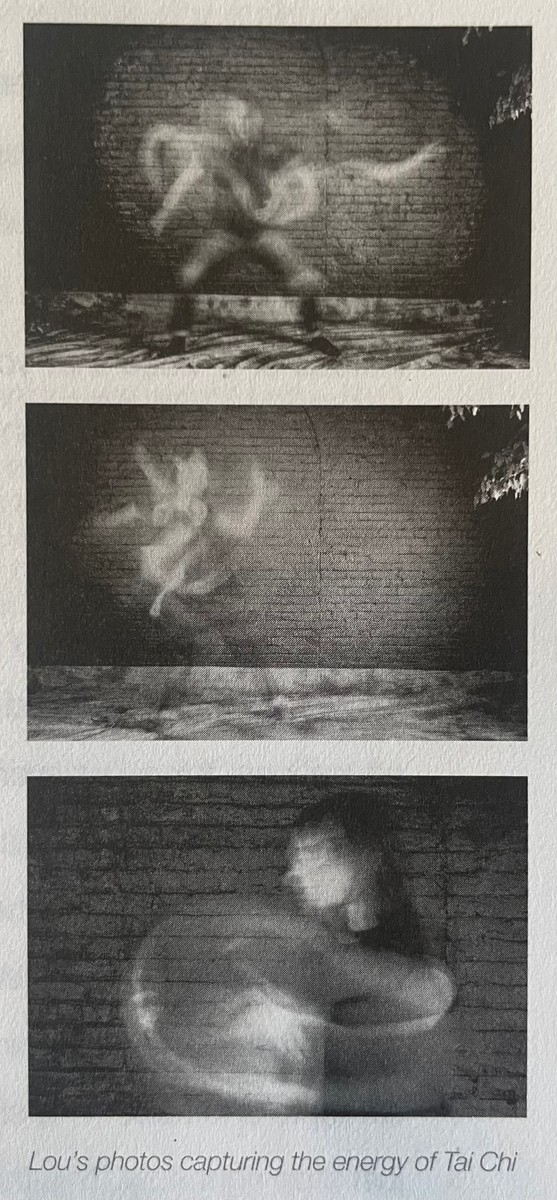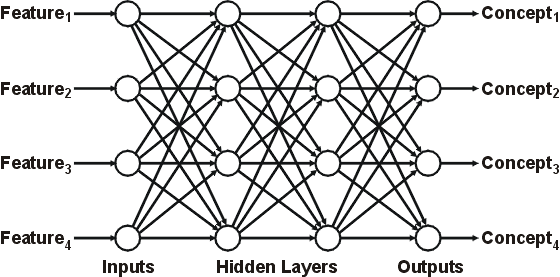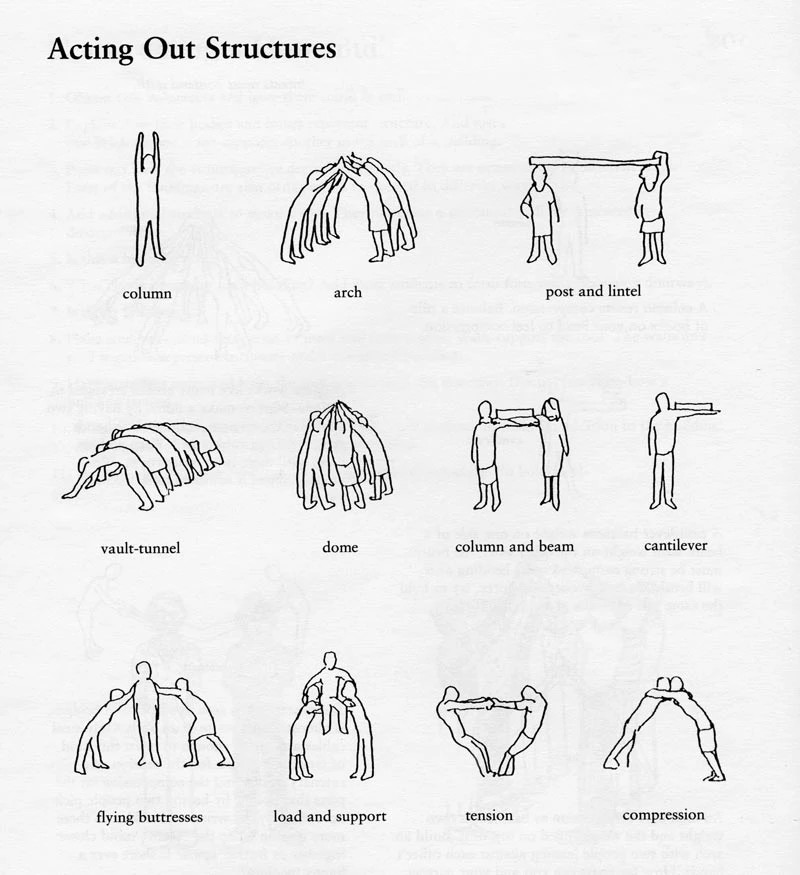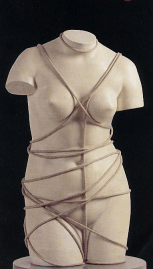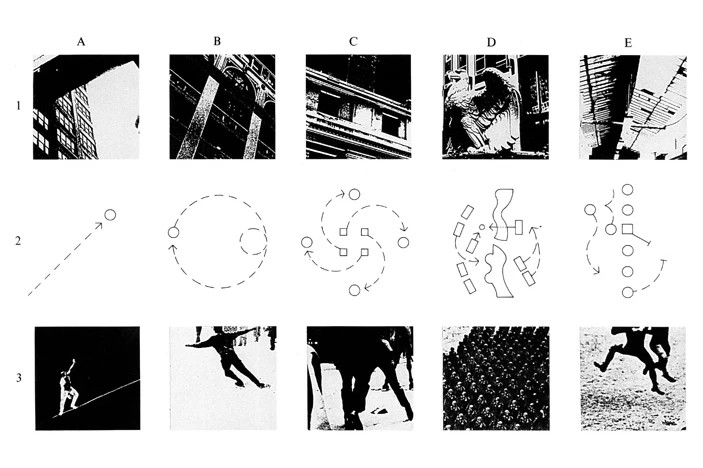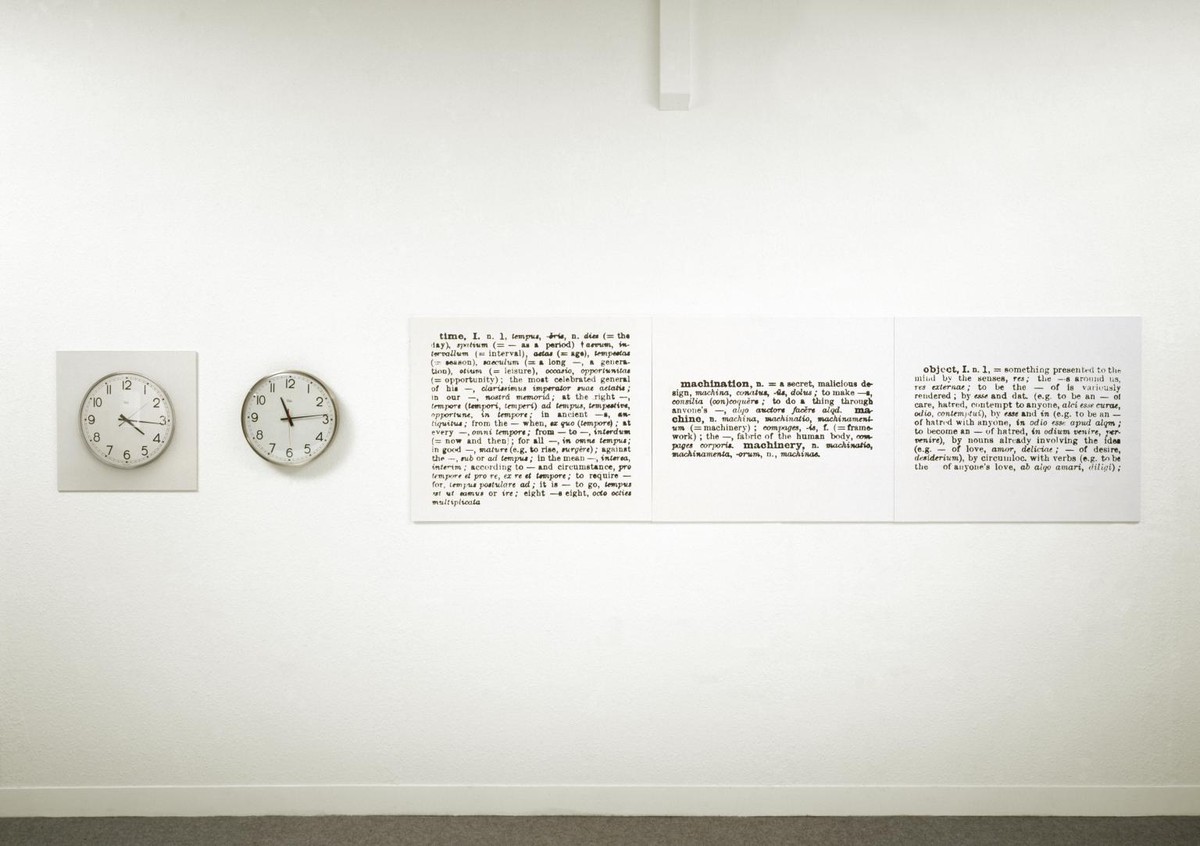syn·site
1: CONVERGING. Any experience, exchange, environment, observation, object, or relationship of objects crystallized in a networked space — whether actual or virtual — distinguished by an equation of universal and specific inputs.
2: EXPANDING. A compounding reconfiguration of distilled fragments — fragments of selves, sites, and associations. It activates at the intersection of the specific and the abstract, the internal and external, the actual and the virtual, the organic and the synthetic. It is at once artwork and network, space and memory. Realized, it approximates a crystallized, collaborative consciousness. » Christine aspires to create a grand web-based SYN-SITE: a metaphorical Texas.
< ORIGIN > The SITE/NON-SITE theory of Robert Smithson, revisited in light of today's NETWORK AESTHETICS. < CAVEAT > FAULT LINES may fracture the crystallized consciousness.
1: CONVERGING. Any experience, exchange, environment, observation, object, or relationship of objects crystallized in a networked space — whether actual or virtual — distinguished by an equation of universal and specific inputs.
2: EXPANDING. A compounding reconfiguration of distilled fragments — fragments of selves, sites, and associations. It activates at the intersection of the specific and the abstract, the internal and external, the actual and the virtual, the organic and the synthetic. It is at once artwork and network, space and memory. Realized, it approximates a crystallized, collaborative consciousness. » Christine aspires to create a grand web-based SYN-SITE: a metaphorical Texas.
< ORIGIN > The SITE/NON-SITE theory of Robert Smithson, revisited in light of today's NETWORK AESTHETICS. < CAVEAT > FAULT LINES may fracture the crystallized consciousness.
SYN (along with, at the same time | from Greek SYN, with | ~SYNTHETIC) + SITE (N: point of event, occupied space, internet address; V: to place in position | from Latin SITUS, location, idleness, forgetfulness | ~WEBSITE ¬cite ¬sight), cf. SITE/NON-SITE (from Robert Smithson, A PROVISIONAL THEORY OF NONSITES, 1968)
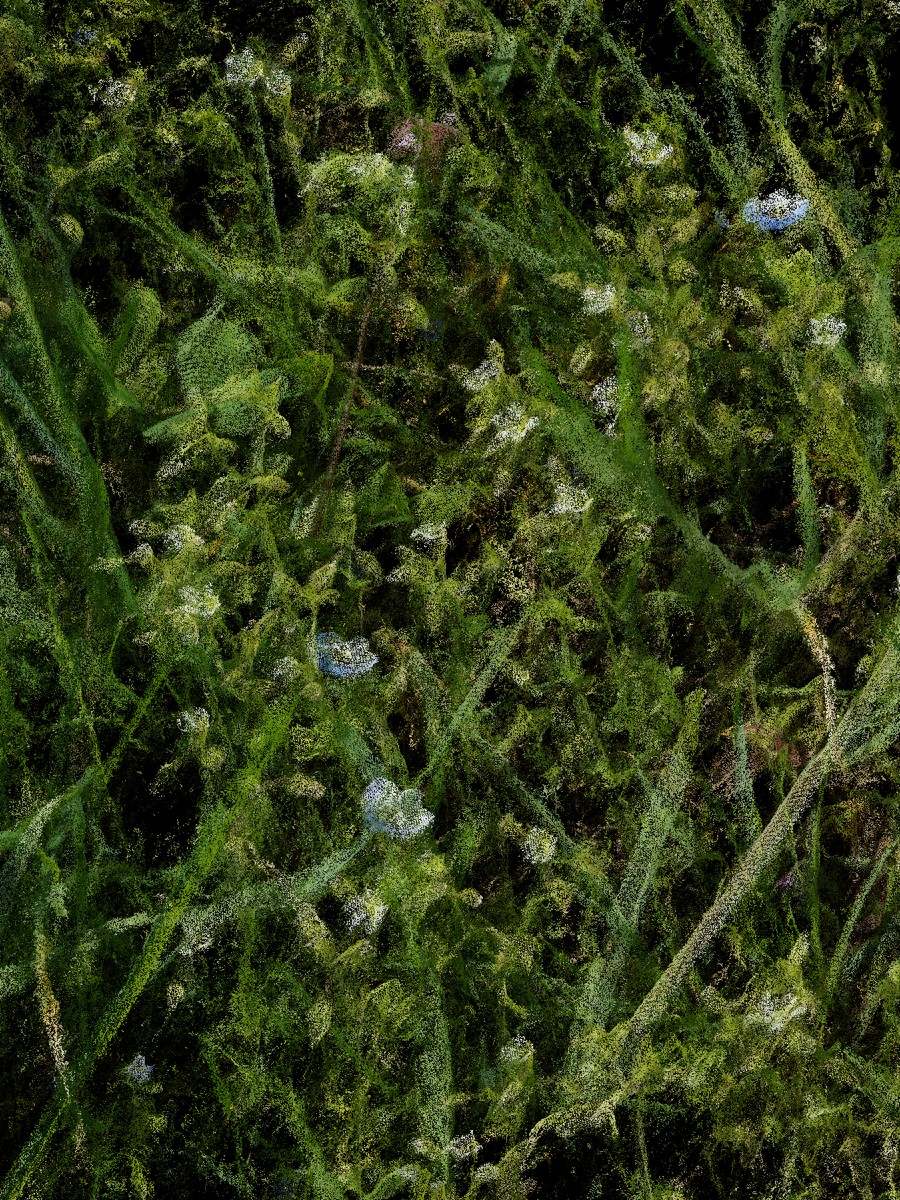





It is now less and less necessary for the writer to invent the fictional content of his novel. The fiction is already there. The writer’s task is to invent the reality.
It is now less and less necessary for the writer to invent the fictional content of his novel. The fiction is already there. The writer’s task is to invent the reality.
It is now less and less necessary for the writer to invent the fictional content of his novel. The fiction is already there. The writer’s task is to invent the reality.
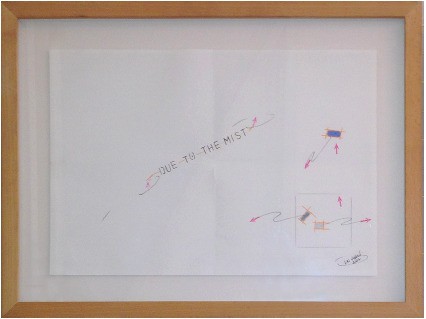


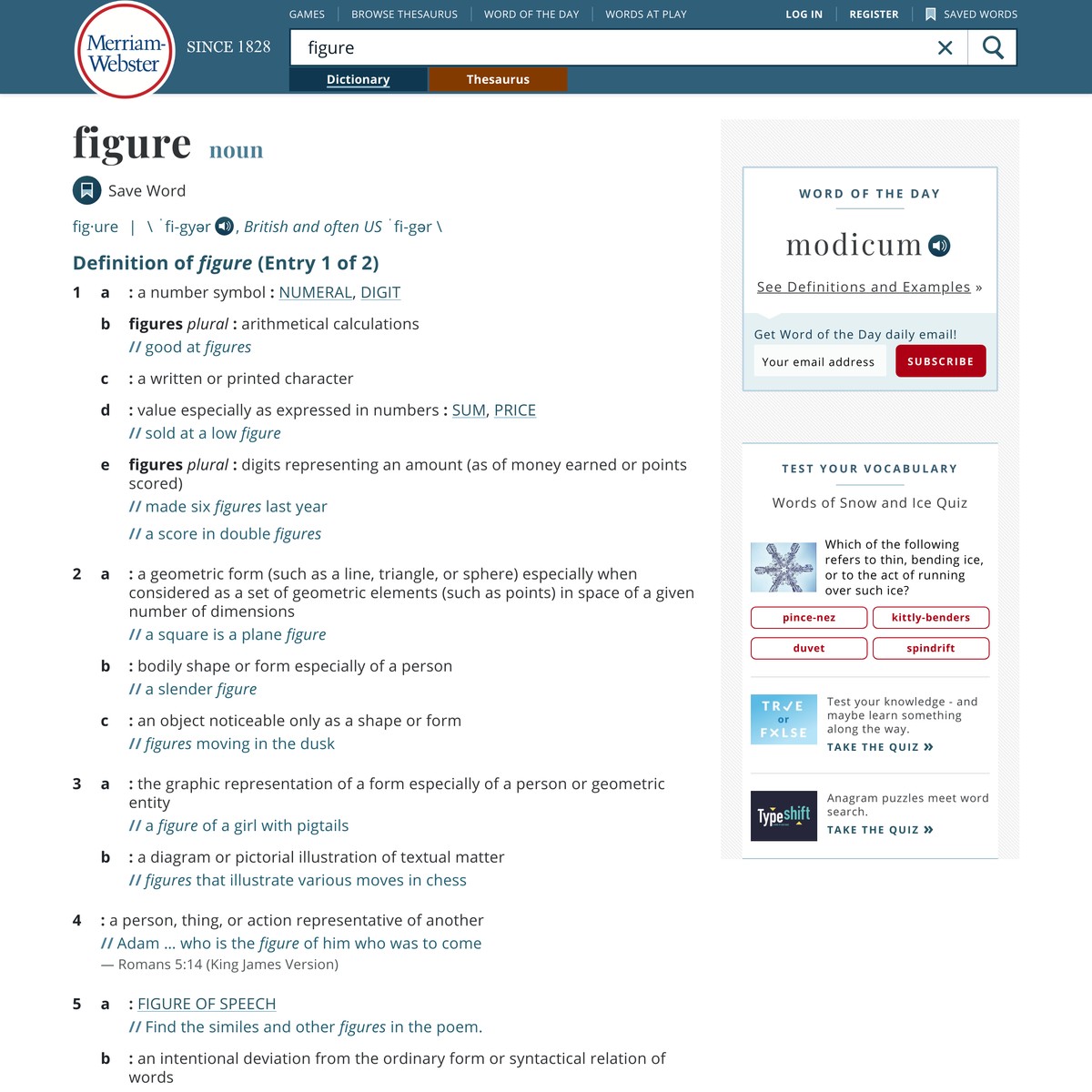


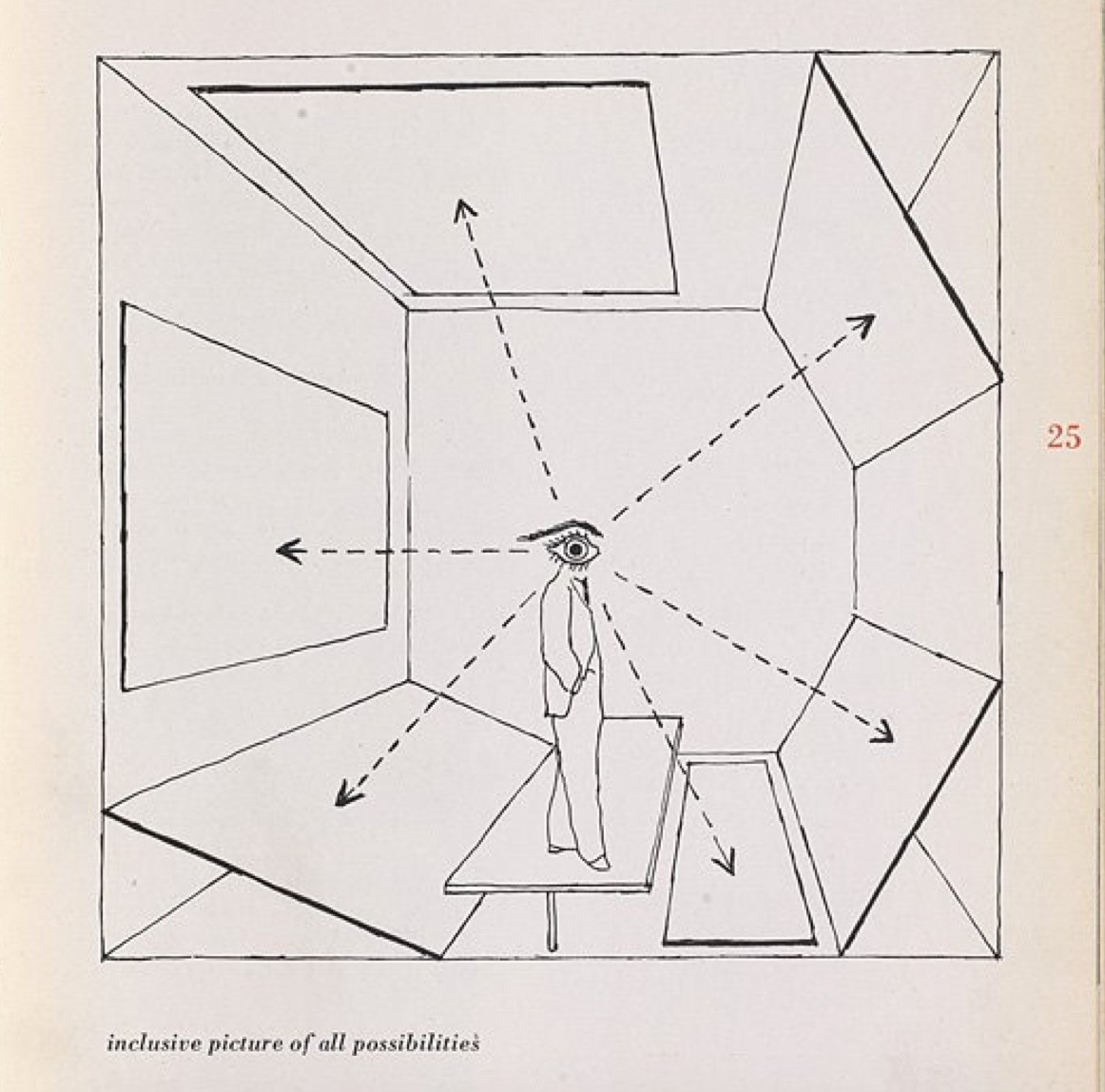


A Glitch Feminist acknowledges the value of visuality, and the revolutionary role that digital practice has in expanding the construction, deconstruction, and re-presentation of the female-identifying corpus. We acknowledge that the rigidity of digital dualism needs to be retired, as it plays into binaries of real/virtual that parallel the rampantly socialized figuration of male/female.
A Glitch Feminist acknowledges the value of visuality, and the revolutionary role that digital practice has in expanding the construction, deconstruction, and re-presentation of the female-identifying corpus. We acknowledge that the rigidity of digital dualism needs to be retired, as it plays into binaries of real/virtual that parallel the rampantly socialized figuration of male/female.
A Glitch Feminist acknowledges the value of visuality, and the revolutionary role that digital practice has in expanding the construction, deconstruction, and re-presentation of the female-identifying corpus. We acknowledge that the rigidity of digital dualism needs to be retired, as it plays into binaries of real/virtual that parallel the rampantly socialized figuration of male/female.
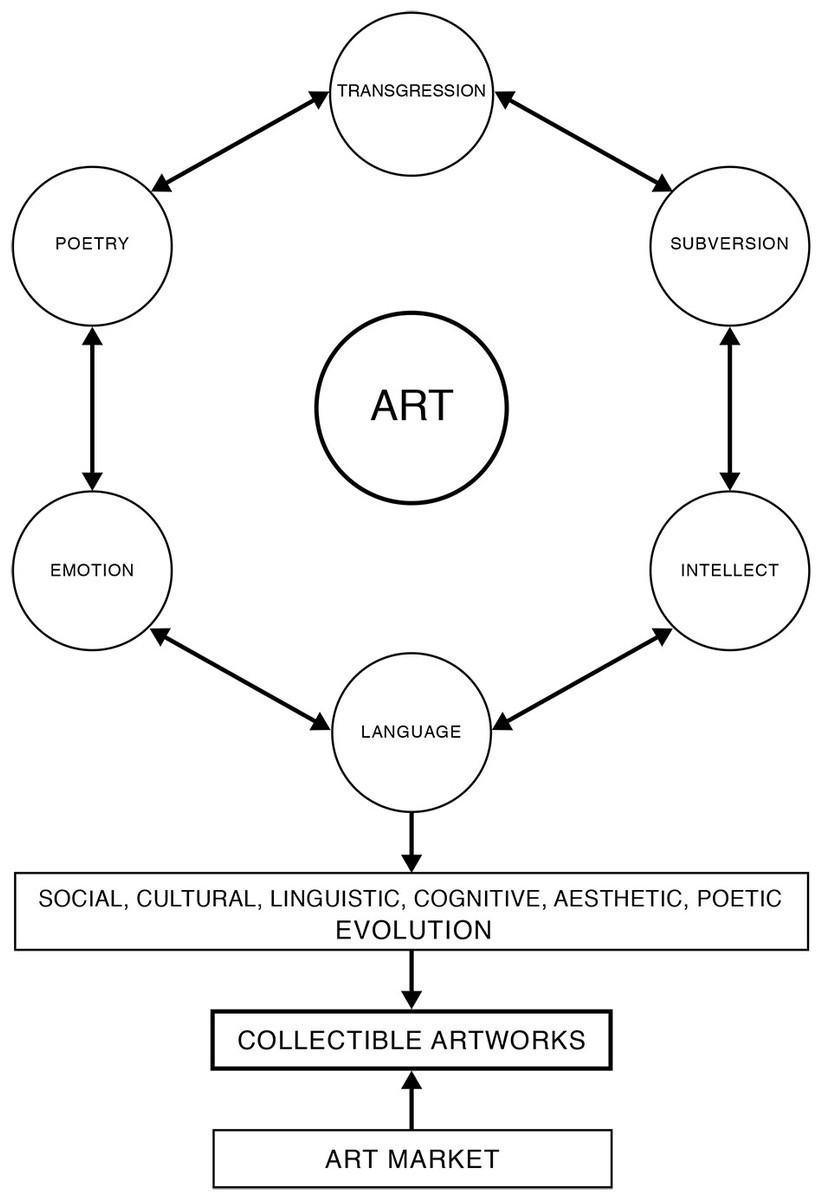


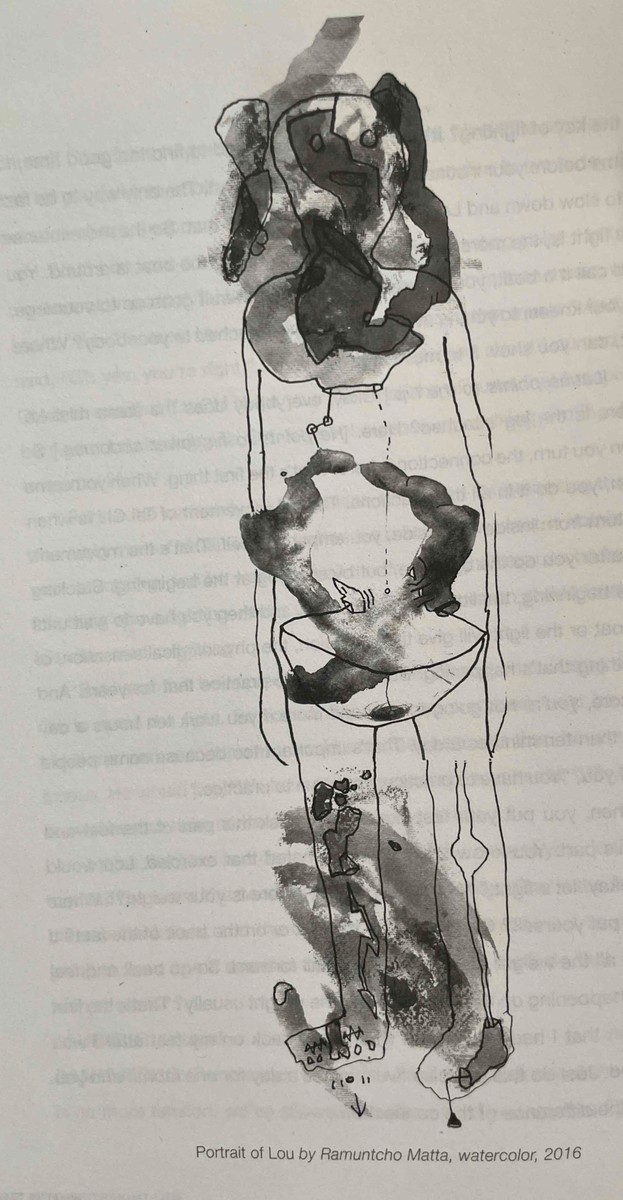


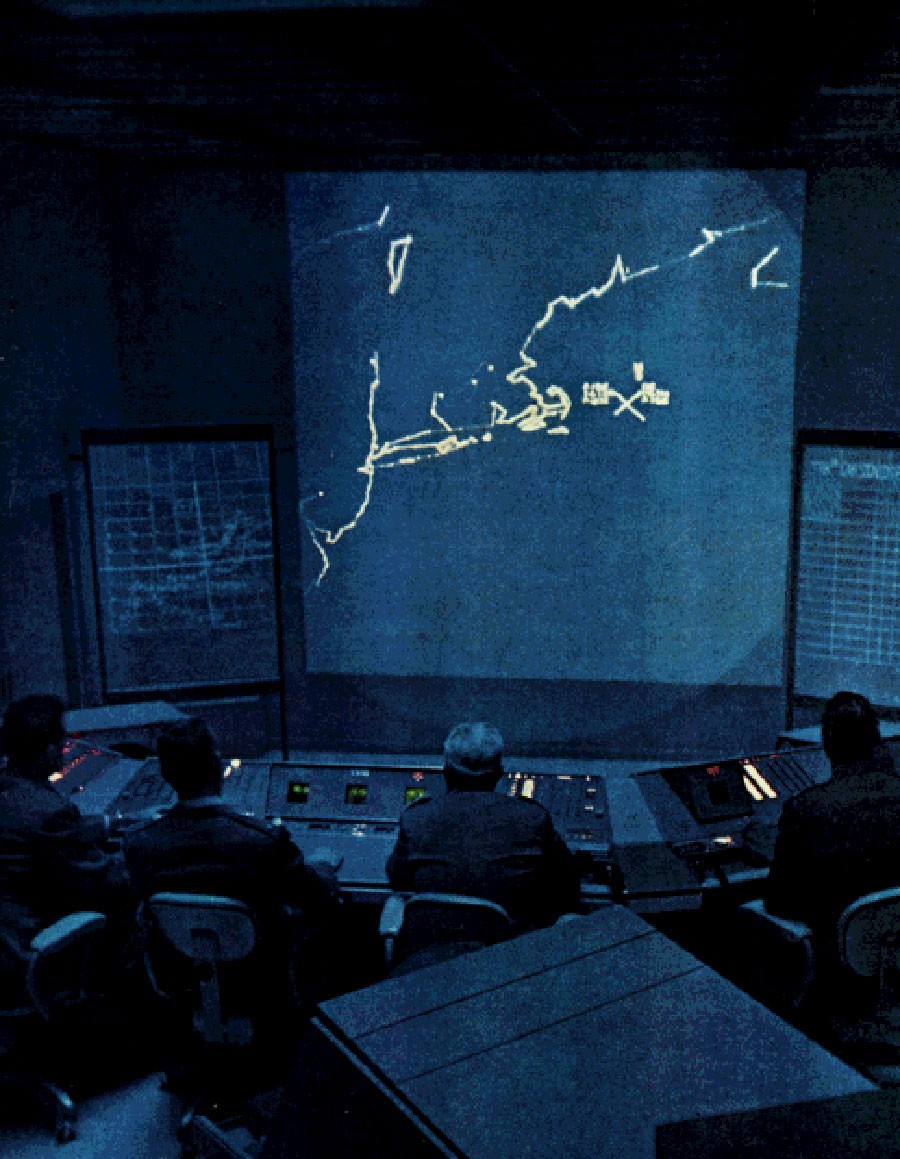


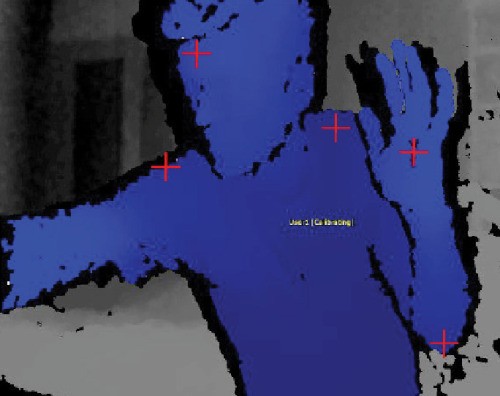


Alfred Korzybski remarked that "the map is not the territory" and that "the word is not the thing", encapsulating his view that an abstraction derived from something, or a reaction to it, is not the thing itself.
Alfred Korzybski remarked that "the map is not the territory" and that "the word is not the thing", encapsulating his view that an abstraction derived from something, or a reaction to it, is not the thing itself.
Alfred Korzybski remarked that "the map is not the territory" and that "the word is not the thing", encapsulating his view that an abstraction derived from something, or a reaction to it, is not the thing itself.
